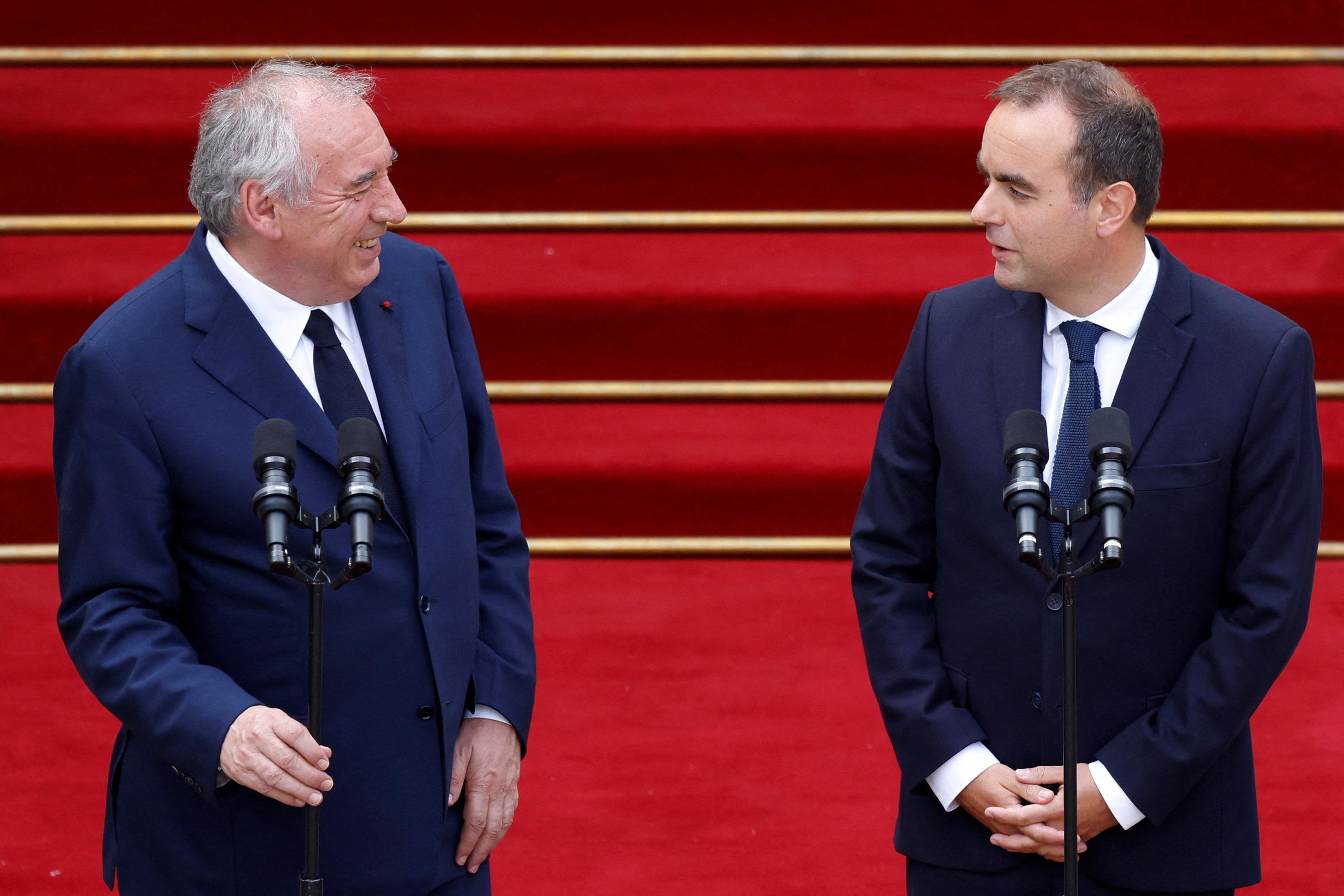French Government's Taxation Proposals for 2026 Budget: Balancing Act Ahead
The French government proposes new taxation measures for the 2026 budget, focusing on wealth tax hikes and labor tax cuts amid political challenges.
- • Sébastien Lecornu proposes tax increases on the wealthy while assuring tax cuts for labor.
- • The fiscal deficit target is set at 4.7% of GDP by 2026.
- • Socialist lawmakers express skepticism over tax cut compensation strategies.
- • Proposal includes extending a minimum tax for high-income households.
Key details
The French government, led by Finance Minister Sébastien Lecornu, is navigating a complex political landscape as it unveils new taxation proposals for the 2026 budget. According to reports, Lecornu is under pressure to balance tax increases on the wealthy with promised tax reductions aimed at supporting workers. The objective is to reduce the fiscal deficit to 4.7% of GDP by 2026, necessitating spending cuts alongside proposed tax hikes.
Among the key proposals is an extension of the differential contribution on high incomes, which is designed to ensure that high-income households pay a minimum tax of 20%. Lecornu reassured center-right allies that tax cuts focusing on labor will be included in the budget, although skepticism remains among Socialist lawmakers regarding how these reductions will be offset. A recent Zucman tax proposal from the Socialist party was notably dismissed by Matignon, complicating the negotiations further.
In light of these developments, Lecornu continues to refine the government's approach, seeking to balance the conflicting interests of fiscal responsibility and social equity. As the debate evolves, lawmakers will need to clarify the details of the tax plans and their implications for various income groups in the coming weeks. Acknowledging the challenges, Lecornu stated, "We must navigate carefully to deliver both responsibility and fairness in our tax system."
This article was translated and synthesized from French sources, providing English-speaking readers with local perspectives.
Source articles (4)
Source comparison
Latest news
France Returns the Djidji Ayôkwé Talking Drum to Côte d'Ivoire After Over a Century
Record 37 Days of Rain Triggers Ongoing Severe Flooding in Western France
Political Divisions and Social Tensions Intensify Following Quentin Deranque’s Death in Lyon
French Economy Minister Calls for Full Insurance Industry Mobilization Amid Devastating Storm Floods
France Boosts Social and Solidarity Economy with New Tools and Potential Tax Reforms in 2026
Saint-Nazaire Mayor Condemns Vandalism of Two Political Offices as Attack on Democracy
The top news stories in France
Delivered straight to your inbox each morning.


